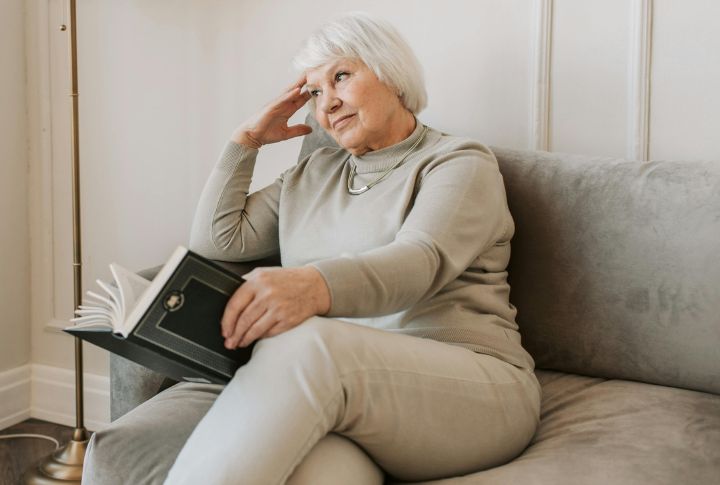
Retirement flips the calendar and slows the clock. Days stretch in ways you didn’t know were possible, letting ordinary moments feel a little extraordinary. You might find joy in doing absolutely nothing or noticing things you’ve always rushed past. Scroll along, and see which simple pleasures sneak a grin onto your face.
Remaining In Bed After Waking
After retirement, mornings slow down. Lying in bed a few extra minutes lets your body wake naturally. Stiff joints relax, muscles loosen, and getting up doesn’t feel like a jolt. Those quiet moments under the covers aren’t wasted—they’re a little gift to yourself each day.
Stretching Tea Time Into Hours
Tea time becomes more important in retirement as the body’s digestive rhythm changes with age. A slow, warm drink helps circulation, eases the stomach, and supports gentle hydration. Retirees also take advantage of that psychological comfort, turning tea into a dependable afternoon pause that supports their body rather than interrupting an already overloaded schedule.
Morning Silence As A Ritual
Quiet mornings take on new meaning in retirement because the brain isn’t juggling multiple priorities before the day even begins. Without mental clutter, the silence helps retirees focus on a single moment rather than sorting tasks. That clearer mental start creates a steady, grounded feeling that wasn’t possible when work dominated their thoughts.
Unhurried Observation Of Nature
Nature plays a different role in retirement, helping people regulate their mood. Simple outdoor cues—like light, movement, or temperature—offer instant feedback about the day ahead. Retirees use these small observations to orient themselves emotionally, which makes short moments outside a reliable way to steady their mindset before moving on.
Daydreaming Without Purpose

Retirement gives people open pockets of time, so small ideas finally get a chance to turn into something real. Thoughts they once ignored—like trying a class, planning a short trip, or fixing something at home—now look realistic instead of inconvenient. The drifting matters because it often sparks simple actions that make each day more satisfying.
Doing Nothing With The Company
Quiet company becomes easier in retirement because relationships shift away from task-based interaction. Working years often tie conversations to planning or problem-solving. Retirees also spend time together without those roles attached, so simply sharing space feels more natural. The moment becomes less about talking and more about enjoying companionship without any built-in expectations.
Unstructured Napping
Unstructured naps make more sense, as energy levels fluctuate differently with age after retirement. Short rests help steady blood pressure and reduce afternoon fatigue. Retirees listen to these signals without forcing themselves through exhaustion, turning short naps into a practical way to maintain comfort and energy throughout the day.
Idle Presence In Public Spaces
Cafes and parks become meaningful stops in retirement because they offer effortless community. Retirees may no longer meet their daily coworkers, so simple public activities fill that gap. Watching people talk, read, or move around provides a light sense of belonging, which helps them stay connected without needing structured social plans or commitments.
Cooking Without Rush
Now that schedules don’t dictate your day, cooking can happen at your pace. You take the time to chop and stir without worry. Meals unfold naturally, and the act of preparing them becomes a relaxing part of the morning or afternoon.
Journaling Or Reflective Writing
Journaling becomes a small daily ritual after retirement. Taking a few quiet minutes to jot down thoughts or memories helps you understand your feelings and reflect on your day. It’s not about perfection—just noticing and recording life brings calm and a comforting sense of structure to otherwise slow days.

